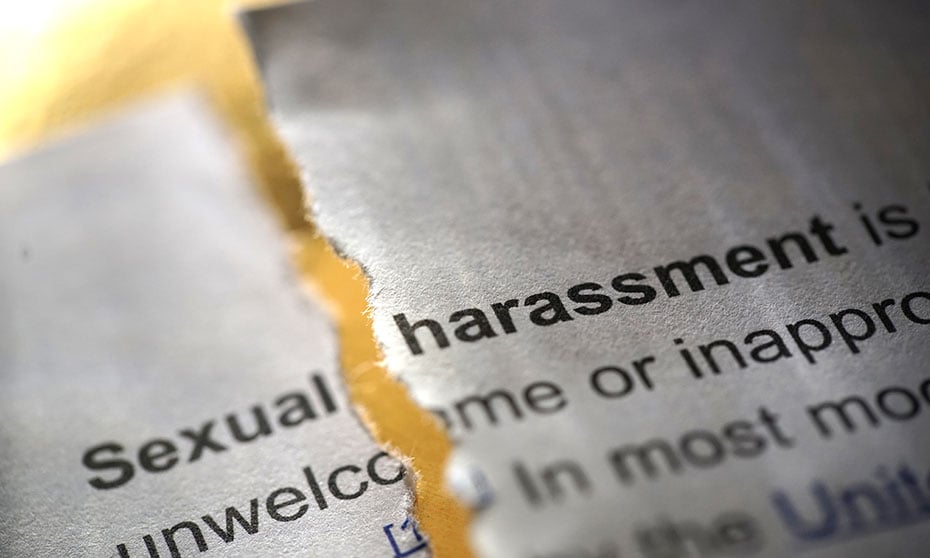In a 2018 study, 19 per cent of women and 13 per cent of men reported experiencing workplace harassment

The Government of Canada via the Department of Justice is taking decisive action to combat workplace sexual harassment in Yukon and in Prince Edward Island.
On Dec. 10, as a part of the Human Rights Day celebration, Justice Minister and Attorney General David Lametti announced that the government would be setting aside $2.6 million for Yukon and $1.7 million for PEI, over five years, to support their respective initiatives and organizations that would help raise awareness, improve access to justice, and refine other measures to deal with this issue.
The Government stressed that all employees, regardless of gender or gender identity, deserve fair treatment and a safe work environment, which will in turn help them do their best at their respective jobs.
“Sexual harassment in the workplace is unacceptable and the harms are all too real for those who experience it,” said Lametti. “We all have a role to ensure that our workplaces are safe and healthy for everyone.”
A total of $50 million of the Government’s budget will be dedicated over five years to fighting sexual harassment all over Canada, with half of that amount going to organizations focused on providing legal advice and support to victims, and the other half going to organizations focused on educating the public.
Among the organizations who will receive funding are the Yukon Human Rights Commission, the Prince Edward Island Human Rights Commission, and the Community Legal Information Association of PEI.
The Yukon Human Rights Commission intends to develop “culturally appropriate public legal education campaigns,” which will include educational materials such as information toolkits and online modules, as well as events such as conferences, workshops, and outreach sessions for Yukoners all across the territory, including rural and Indigenous communities.
“The Yukon Human Rights Commission looks forward to initiating meaningful, responsive, and beneficial programming to address sexual harassment in the workplace with financial support from the Government of Canada,” said Vida Nelson, Acting Director of the Yukon Human Rights Commission. “This partnership will contribute to the mutual goal of creating safer workplaces that are accountable and inclusive, and is consistent with the Commission's mandate to promote rights and dignity for all Yukoners through public education and enforcement of the Yukon Human Rights Act.”
The PEI Human Rights Commission, on the other hand, will dedicate its efforts to a public awareness campaign directed toward employers and employees, as well as secondary school students who will soon join the workforce. Employers will be trained to maintain a safe and inclusive work environment by identifying and even preventing harassment before it happens.
Brenda Picard, Executive Director of the PEI Human Rights Commission, expressed enthusiasm for the opportunity to collaborate with local businesses, as well as with members of the education sector, to advance the goal of “creating and restoring safe and healthy workplaces.”
The Community Legal Information Association of PEI, which has been operating for over three decades, will collaborate with the PEI Human Rights Commission in developing educational activities and resources to address workplace harassment. It will also offer free legal advice to victims, who will have access to the services of lawyers educated “about trauma and the brain, as well as effective ways to support clients dealing with trauma.”
“We are very pleased to partner with the PEI Human Rights Commission and Justice Canada to bring practical support to those who have experienced sexual harassment in the workplace,” said Ellen Mullally, Executive Director of the Community Legal Information Association of PEI.
According to a 2018 survey, 19 per cent of women and 13 per cent of men reported that they had gone through some form of harassment in their workplace, with women being more likely to report sexual harassment. In a 2017 survey, as many as 94 per cent of respondents who reported experiencing workplace sexual harassment were women.










